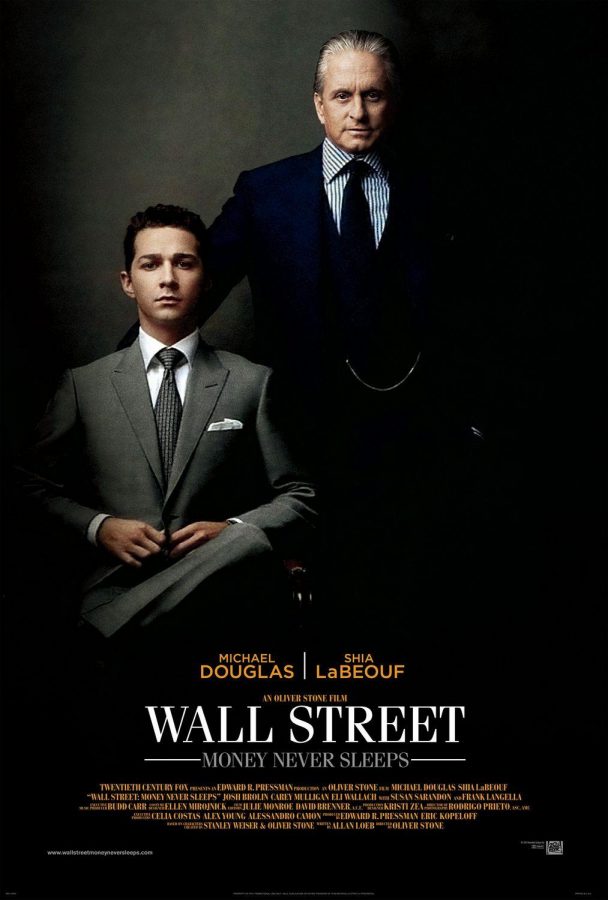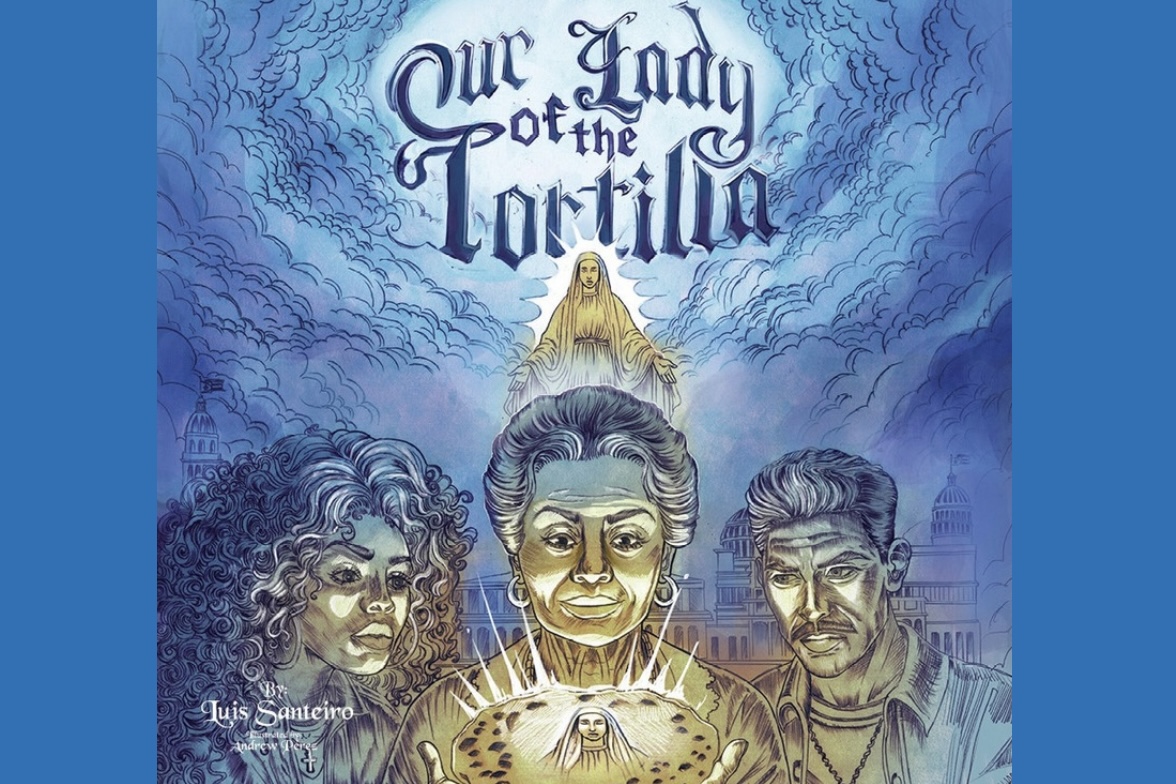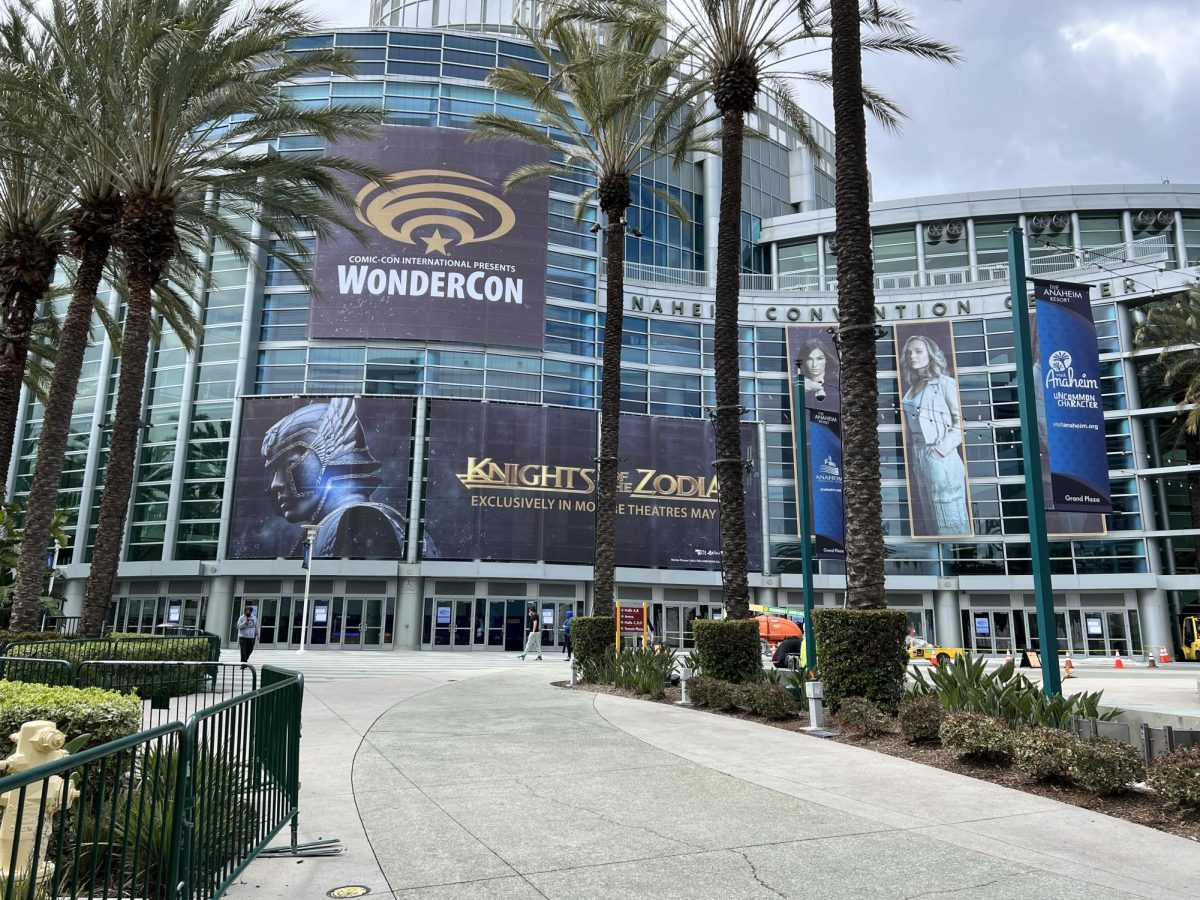For the first time in his acclaimed yet highly controversial career, director Oliver Stone has written and directed a sequel to one of his films.
The 1987 film “Wall Street” introduced audiences to Gordon Gekko, the infamous corporate raider that won Michael Douglas an Oscar as well as inspired a generation of young stockbrokers.
The sequel, “Wall Street: Money Never Sleeps” finds Douglas’ Gekko being released from prison in 2001 after serving almost eight years for insider trading and a host of other things.
The film then jumps to 2008, weeks before the stock market crashed, causing the economic depression that still has a lingering presence.
Gekko’s been away for a while but that hasn’t stopped him from keeping up with the times and the economy. Once out of prison, he publishes a book warning that the market is on the verge of collapse.
But Gekko’s attempt to warn Wall Street and those invested in it about the eventual collapse is just one of the many wrinkles in the script.
Then comes young Jacob Moore (Shia LaBeouf, excelling in his most demanding dramatic role today) who is an up and coming broker, and protégé to Louis Zabel,(played to perfection by Frank Langella.) Zabel is the owner of Keller Zabel, one of the last independent trading firms on Wall Street.
After his company’s stock collapses, a distraught Zabel commits suicide, leaving Jacob out of a job and seeking revenge on the man he suspects caused collapse, Bretton James (Josh Brolin, channeling Douglas’ slime from the original.)
Jacob seeks out Gekko in hopes that he will help him get payback on James. Gekko ignores Jacob until he learns that Jacob is engaged to Winnie Gekko (the always reliable and adorable Carey Mulligan) Gordon’s only child after his son committed suicide once Gekko was incarcerated.
Winnie blames Gekko for his suicide and hasn’t spoken to him since. Jacob agrees that he will try to reunite Gekko with Winnie in exchange for information to ruin James.
There are many layers to the story but Stone seems at his most confident in years and manages to weave them all together in a way that never once assumes that the audience won’t be able to follow along.
The original “Wall Street” focused heavily on what exactly went on inside the stock exchange, and while the sequel has plenty of jargon and stock discussion, the drama of the plot takes center stage.
The acting is top notch across the board as Stone coaxes magnificent performances out of his all-star cast, specifically LaBeouf and Mulligan. Their story serves as the lynchpin to the film and the two of them have created characters that the audience can instantly relate to and care for.
It must also be mentioned that Douglas could quite possibly earn another nomination for his portrayal of Gekko by delivering a powerful performance that demands attention any time he’s on screen.
Where the film will lose some viewers, is the final 20 minutes. Stone has never been one to go with a conventional ending and even though this ending is a bit sappy, it’s one of the first times that Stone has used an ending like this, so it doesn’t feel as much as a cop-out, as it does a softening of Stone’s traditionally brash style.
“Money Never Sleeps,” and while watching this sequel, neither will you.







